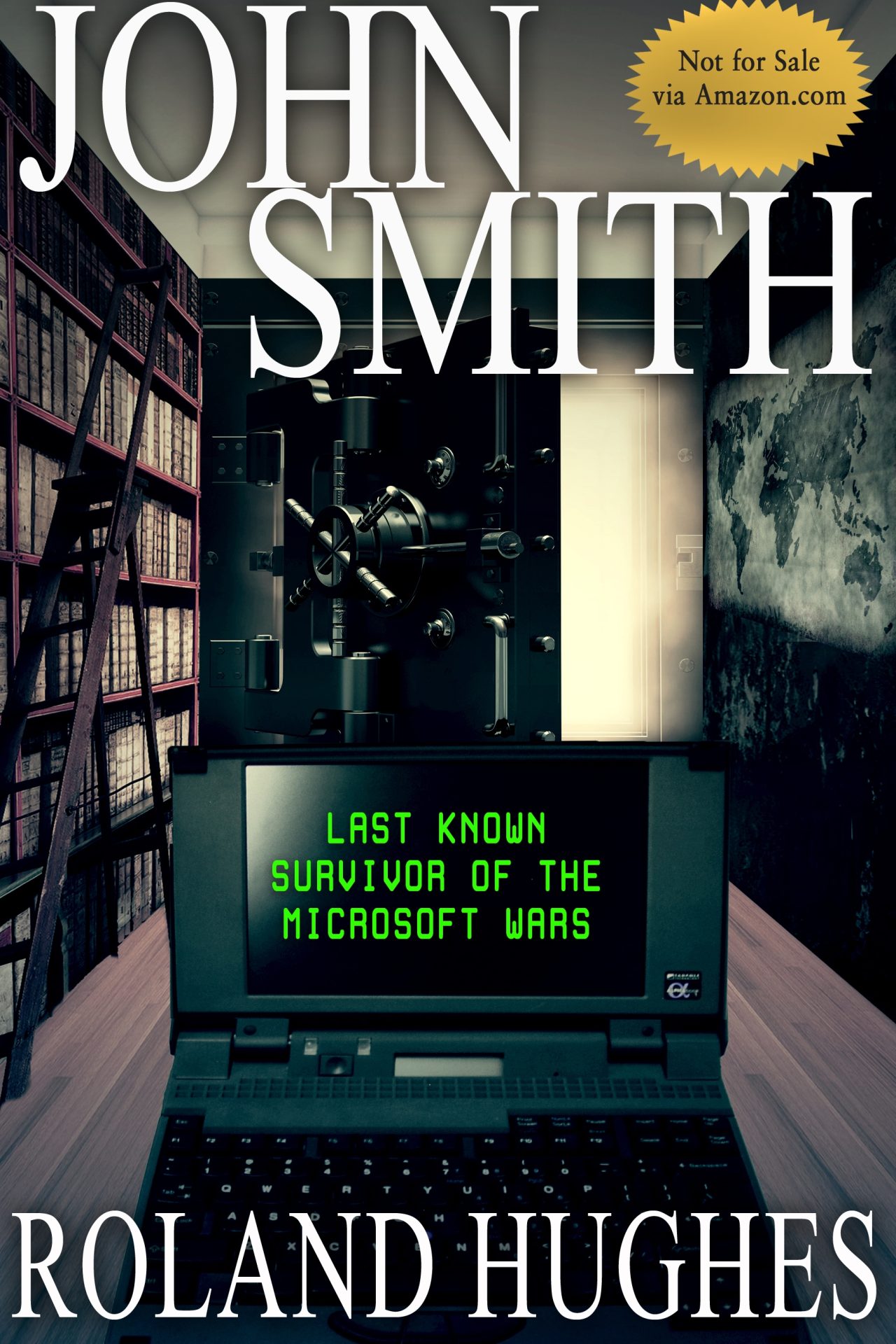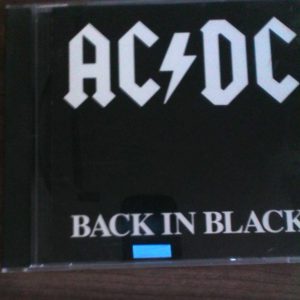 The following is an excerpt from “John Smith – Last Known Survivor of the Microsoft Wars.” This book was written in an interview style. JS is used to indicate John Smith speaking and SK is used to indicate Susan Krowley, the “reporter” interviewing him.
The following is an excerpt from “John Smith – Last Known Survivor of the Microsoft Wars.” This book was written in an interview style. JS is used to indicate John Smith speaking and SK is used to indicate Susan Krowley, the “reporter” interviewing him.
JS: Back in 1949 an author by the name of George Orewell published a novel titled “1984”. It was a look into the future and basically created the concept in society of “Big Brother”. This “Big Brother” was a government, any government really, which would watch over you like a child. Your life would be monitored and controlled 24 hours per day. The dictionary would not grow in size, but shrink as words and thoughts were continually restricted. Anyone who possessed a thought against the government, system, or the way life was being run would be turned in by friends/family/neighbors as a “thought criminal”. One by one various “Ministries” were set up to control various aspects of life, all for the betterment of society and most had some plausible excuse bringing them into existence. There would be monitors installed everywhere so you were continually watched and controlled. It was one of the best selling and most widely talked about books of all time. Many movies were created showing various flavors of the book.
SK: Well, if everybody knew about it, then it surely didn’t happen.
JS: Not in 1984, no. Around 2008 is when the final vehicle for control was chosen and allowed to roll out globally. Some time during 2010 the governments around the world achieved 90% of what they wanted. Each citizen carried with them a 24 hour monitoring device which could be accessed remotely and would, via GPS, give a complete picture of their travels. Each one had a unique ID. Best of all, the devices were marketed in such a way as to make people think they were nothing unless they had one. When it became apparent that some portions of society simply couldn’t afford the devices (yes, each citizen paid for their own, and gladly, they even customized them), most governments came up with some kind of “ministry” or program to ensure each and every person falling into the “cannot afford” category was issued one as a gift under some plausible story as “medical need” or “neighborhood watch”. Nobody felt insulted to receive the devices since the devices allowed them to communicate with anyone at any time as long as they knew the other person’s unique ID.
SK: Do you honestly expect me to believe that everybody stood in line to get a unique ID for the government, whichever government that was.
JS: No. They stood in-line to get the latest and greatest cell phone with video camera, GPS, speaker phone, and Internet access. Each phone had to have a phone number which was unique on the globe. A system of assigning phone numbers to allow for international calling had been in place for many years, so it was simply leveraged. Everybody proudly carried and used their government monitoring device. There were even crime shows on television showing how law enforcement agencies could track a cell phone as long as it was turned on. What they didn’t tell you was that the phone would periodically report in even when turned off. The only thing which could truly stop it was to remove the battery from it, then turn the cell phone on to drain the hidden reserve.
SK: Do you really expect me to believe there was a global communications network which could monitor every person in the country?
JS: Before the middle of 2012, thanks to some production cost reductions, it was every person on the planet. A basic cell phone could be manufactured and sold for under $20. Those countries too poor or with terrain too rough used the satellite phones which cost a bit more, but leveraged a lot of cell phone components to reduce costs. Both networks were monitored entirely by government agencies even though commercial companies were providing the services to the cell phone owners. Even children in third world countries that didn’t have food to eat had a phone so they could be tracked.



